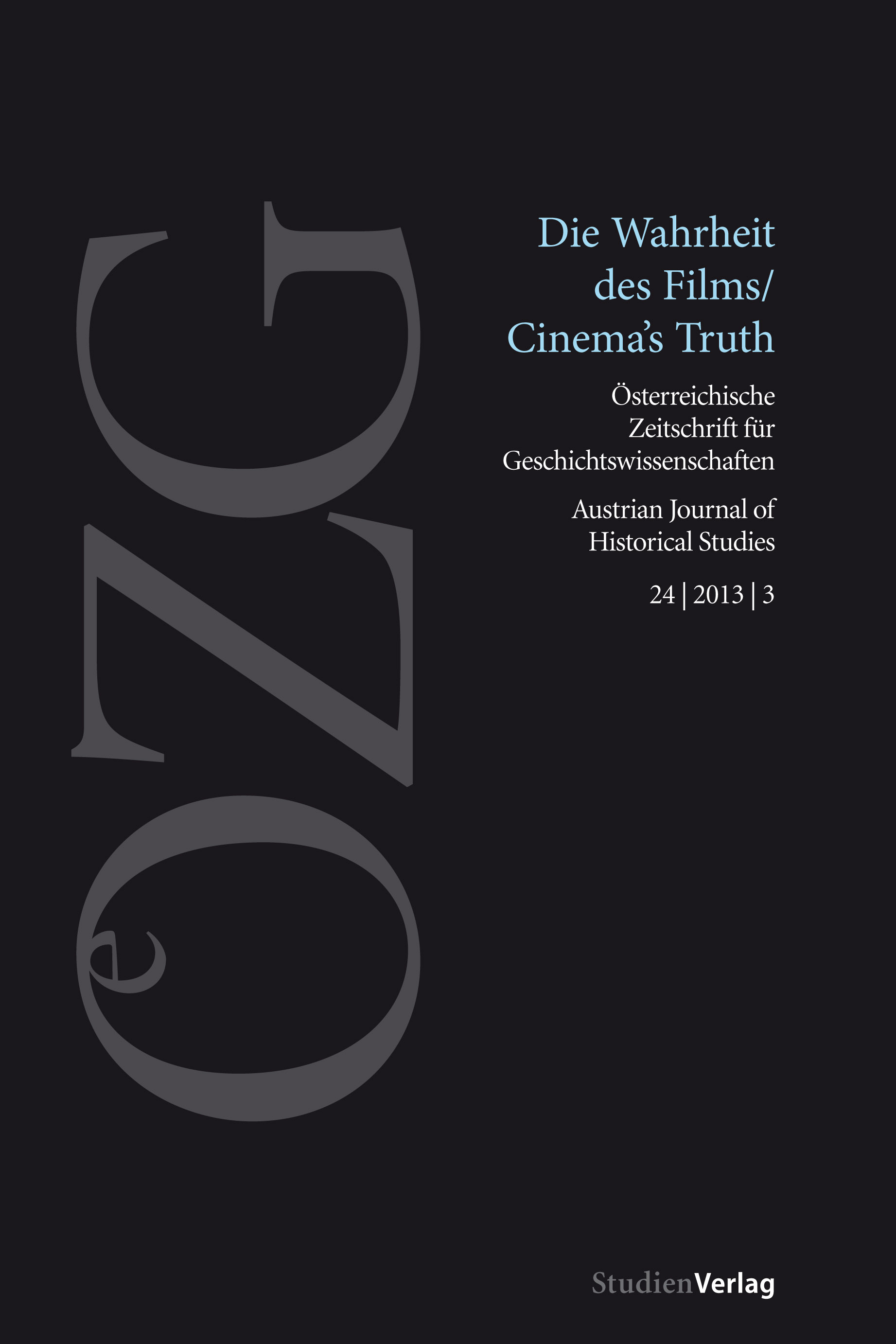Wissenschaft und Fiktion
Reproduktionsmedizin, menschliches Klonen und Ethik im Science-Fiction-Film The Boys from Brazil (1978)
DOI:
https://doi.org/10.25365/oezg-2013-24-3-4Schlagworte:
reproductive medicine, human cloning, ethics, Anglo-American film culture, 1970sAbstract
Science Fiction film can be regarded as a repository medium that transports and displays versatile links between the sciences, technology, contemporary history, everyday-life knowledge, society, and popular culture. Scientific discourse and visual culture complement and benefit one another. Transferring scientific contents or mental conceptions into film, and vice versa, produces synergetic effects. The Anglo-American feature film The Boys from Brazil (1978), directed by Franklin J. Schaffner, focuses on the controversial topos of genetic and reproductive technology, more specifically reproductive cloning. Here, it depicts biotechnology as evoking fears and dark fantasies in a hypothetical and playful way. In the late Seventies, the belief in progress and social potential clashed with collective anxieties concerning human Doppelgänger and duplicates, substitutability, a loss of dignity and the singularity of the individual. Destabilized categories – just as blood relationship, mother- and fatherhood, family and gender roles – were debated in a controversial manner and needed to be re-defined. By combining these topoi with the dystopian vision of reactivating National Socialist concepts like racial hygiene and eugenics, The Boys from Brazil also touches on collective traumata deriving from the Holocaust, the Shoah – still active in the 1970s.


